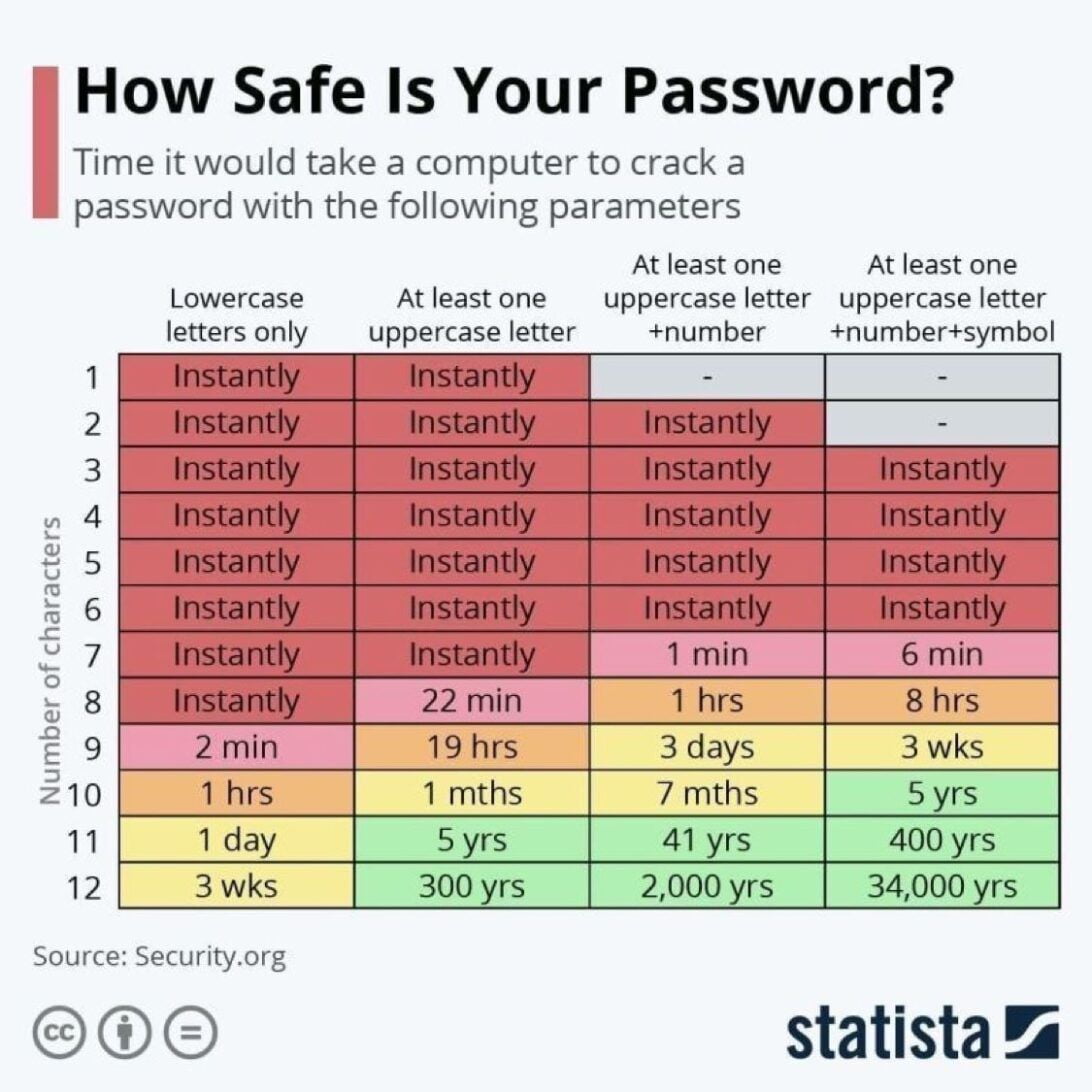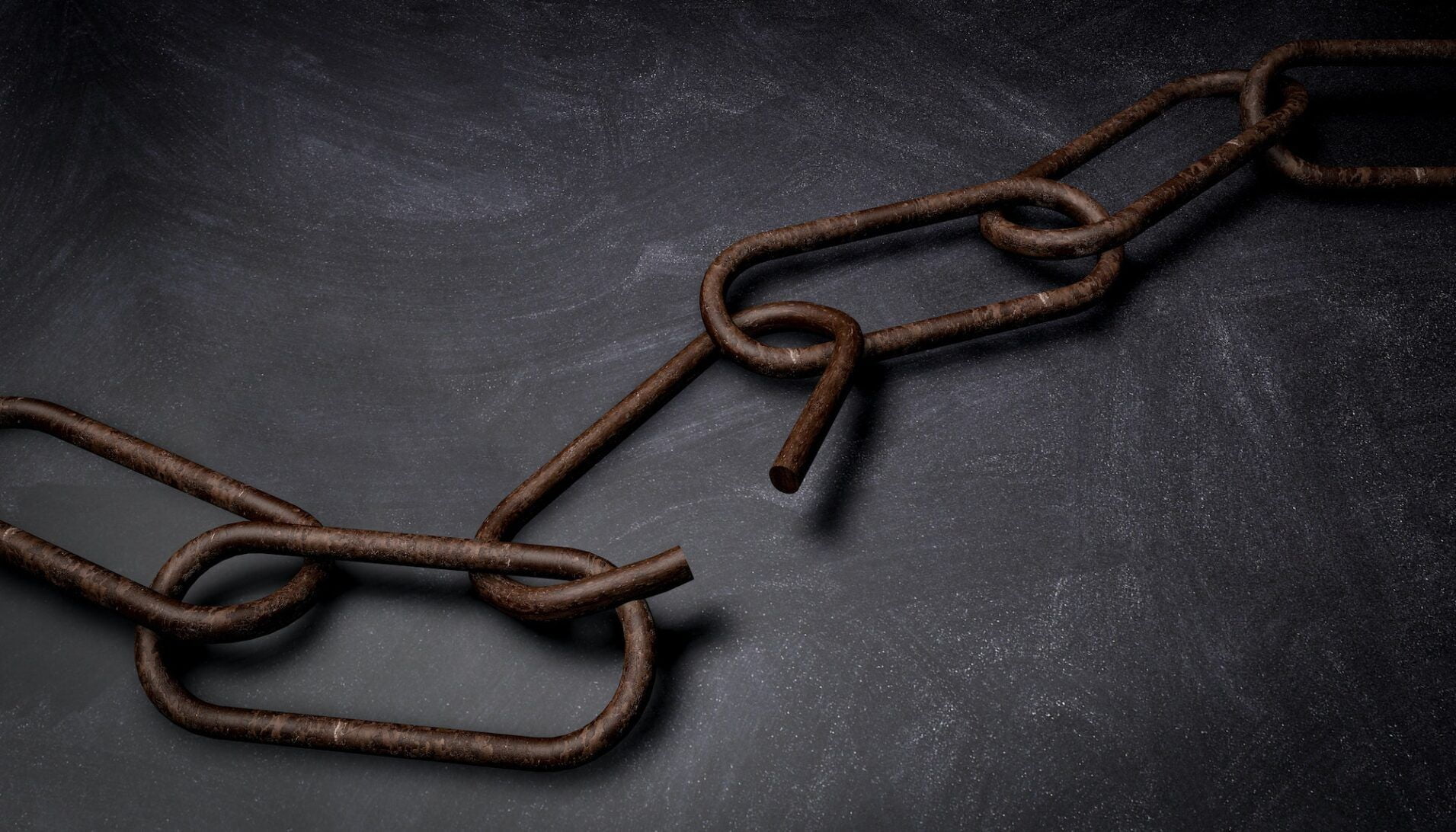Choosing good passwords. The good, the bad, the ugly.
Passwords have been used since the early ages when Sentry Guards would challenge those approaching to supply a password. In modern times, usernames and passwords are commonly used to provide access control to protected computer systems.Despite the name, there is no need for a password to actually be a word. Any combination of letters, numbers and symbols is acceptable.
How to choose good passwords?
Good passwords are those that mean something to the user but not to a hacker. Ideally, you would use letters (both upper and lower case), numbers and symbols. The longer the better.A good example, I worked for a large company and needed to change the superuser password as the old one had been compromised. The password I used was
Shcoomoebry-2007
This was a combination of Scooby (Doo) and Homer (Simpson) with a – symbol and the year in which I invented it. Now that was a good password at the time. The chances of this being cracked were very limited as the letters did not make a word. The symbol was not a substitution for a letter (for example replacing 3 with £ or s with $) and the numbers were not a date of birth or any significant date in my life.
and what are bad passwords?
Bad passwords are those that are easy to guess or just so obvious that someone trying to hack into your account could do so within a few minutes. Examples of bad passwords are the following……… 12345, password, 123456, 12345678, qwerty, 123456789, 1234, baseball, dragon, football The above are the 10 most used passwords throughout the world. If you use any of those, I suggest you change it straight away! Next, don’t use your name, dates of birth, children’s names etc. All are guessable after a quick look at your Facebook Profile! (because that’s set to private of course?)The Ugly?
The ugly side is you need to treat every account you set up as though it’s your bank account. A hacker may be able to compromise your Fitness App account because you use a relatively easy password. Maybe the information they could gain from the Fitness app then allows them to gain access to your email account. Maybe then, they manage to somehow get control of your bank account!. Scary thought eh!Nothing beats complex random passwords. A simple way I found to deal with the mountain of passwords you need these days is to make up a really good password (8 or more characters). This is now your core password. For each account, you simply use the first 3/4 characters of the name + your core password.
Eg. my core password is Gsoeaetp1/2 and I’m signing up to Google.
The password I would use for Google would be GooGsoeaetp1/2
Tesco would be TesGsoeaetp1/2, Amazon would be AmaGsoeaetp1/2, Facebook would be FacGsoeaetp1/2. You get the idea!
There is also are really great free websites that can help you generate random passwords, such as PasswordGenerator.net. Also, there is a great app for PCs, iPhone and Android called Bitwarden. This helps manage your passwords and also helps you create unique, complex passwords for each website, app or service you use. 100% recommended.
Good luck and stay safe online!









